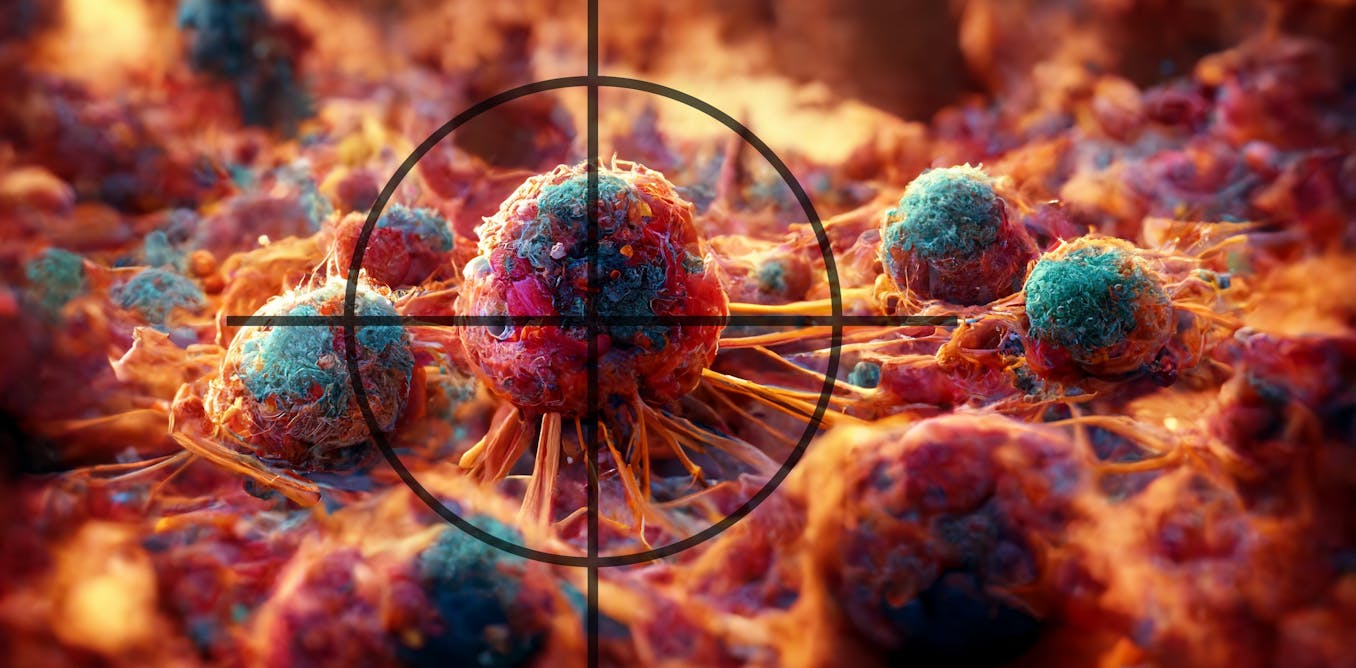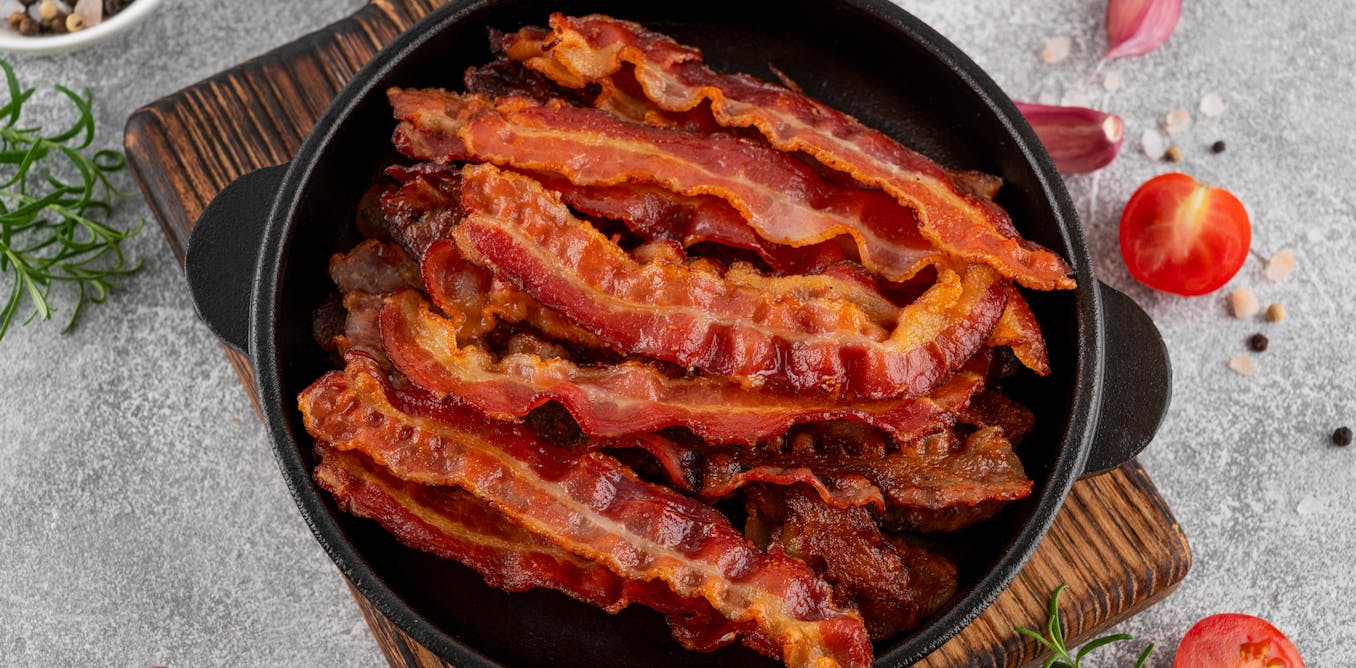The unanswered questions in the NHS’s new cancer plan
Frame Stock Footage/Shutterstock.com NHS England’s new national cancer plan focuses on catching cancer earlier and treating it faster. The government has also promised to meet all cancer waiting-time targets by 2029. This includes a long-missed target, namely that most patients should start treatment within 62 days of being referred by their GP. Why does the […]
Continue Reading








